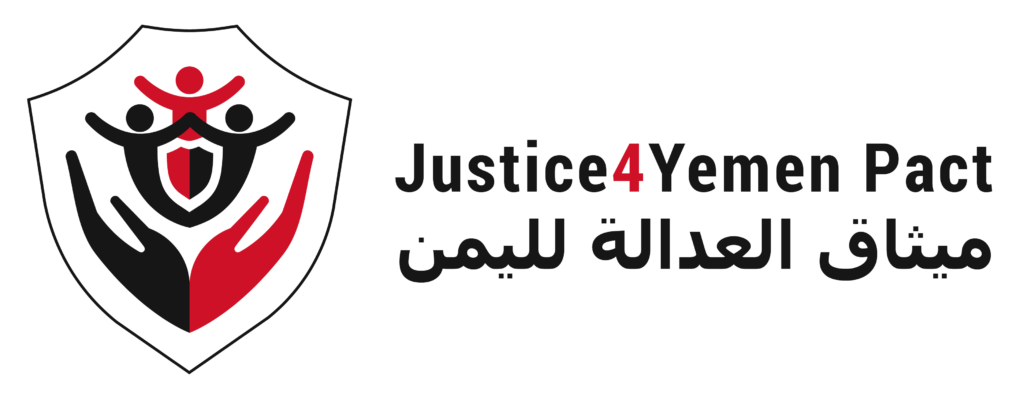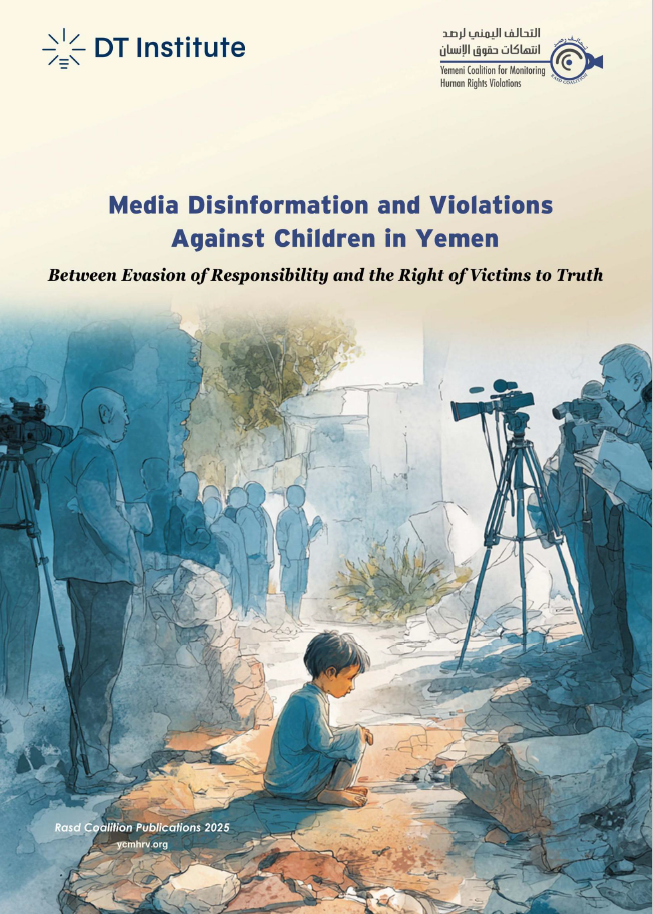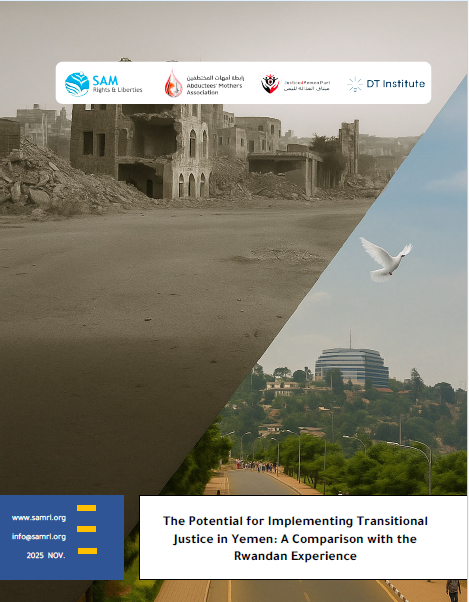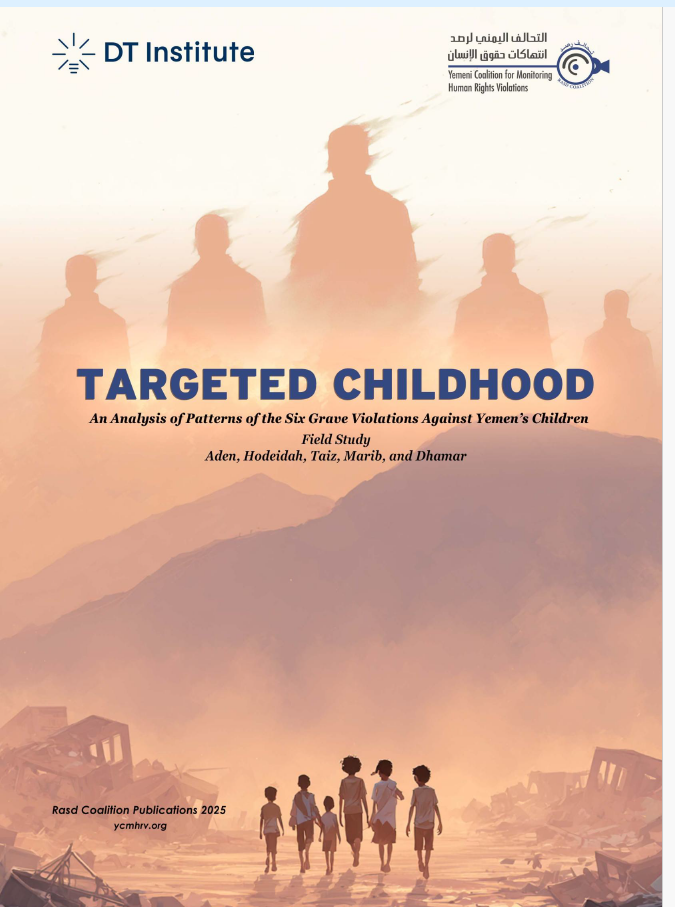Under the SPARK program, transitional justice efforts in Taiz Governorate are entering a new phase, with two pioneering restorative justice initiatives already underway and three more being prepared by SPARK partners. These efforts aim to restore dignity, promote accountability, and foster healing in communities deeply affected by violence and marginalization.
The first initiative, Al-Qatara Massacre Initiative led by SAM, is a victim-centered effort to document one of the most tragic incidents that occurred during the siege of Taiz over a decade ago. It seeks to uncover the truth, preserve the memory of victims, and advocate for both legal accountability and moral recognition. Significant progress has been achieved through collaboration with local authorities, including documentation of cases, provision of psychosocial support to affected families, and the formation of the Taiz Siege Committee—a survivor-led group driving advocacy and memorialization. In a major milestone, the initiative reached an agreement with the Office of Siege Affairs to establish Taiz’s first Siege Museum, a powerful step toward preserving collective memory and ensuring guarantees of non-repetition.
The second, the Al-Shamayatayn Reconciliation Initiative, is led by AMA and supported by the Community Reconciliation Coordination Committee (CRCC). It addresses long-standing tensions between the marginalized Muhamasheen community and security forces in Al-Shamayatayn District. The initiative emerged following the fatal shooting of a Muhamasheen man amid a three-year land dispute. The unresolved case and the victim’s unburied body continue to fuel mistrust and grievance. This initiative works through transparent dialogue, formal acknowledgment by security actors, and negotiations for reparations and a dignified burial. It also introduces psychological support for the marginalized community for the first time, while promoting inclusive participation to combat systemic discrimination and foster local reconciliation.
These five distinct initiatives mark a bold shift toward community-led justice in Yemen—where survivors drive the narrative, local actors take responsibility, and healing is grounded in truth, dignity, and inclusion. Through these efforts, SPARK is not just supporting transitional justice but helping shape a future rooted in accountability and hope.





